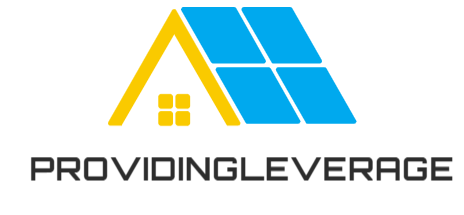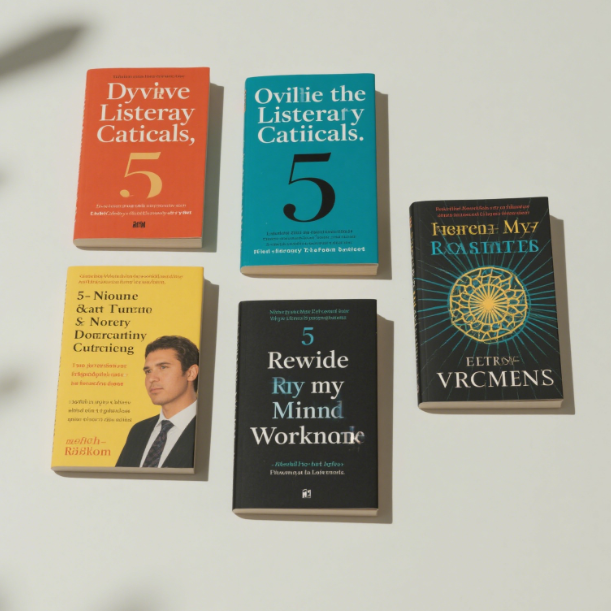In the vast landscape of literature, non – fiction books hold a special power. They are not just collections of words on a page; they are portals to new ways of thinking, sources of inspiration, and guides to personal and professional transformation. Throughout my journey, I’ve encountered several non – fiction works that have had a profound impact on how I perceive the world and approach my work. These five books, in particular, have been the keys to unlocking a new level of understanding and productivity.
1. “Atomic Habits” by James Clear
James Clear’s “Atomic Habits” is a veritable bible for anyone looking to build better habits and break free from unproductive cycles. The book introduced me to the concept that tiny, incremental changes can lead to massive results over time. Clear’s insights into the science behind habit formation were a game – changer. I learned that habits are the building blocks of our lives, and by focusing on making small, consistent improvements, I could transform my daily routine.
Before reading this book, I often struggled with maintaining new habits. I’d start with enthusiasm but quickly lose momentum. Clear’s strategies, such as the “cue – routine – reward” loop and the idea of habit stacking, provided me with practical tools to make habits stick. I began to apply these principles at work, setting up small, achievable tasks as part of my daily routine. For example, I started my workday with a 15 – minute focused session on the most important task, a habit that has significantly boosted my productivity and helped me stay on track with my long – term goals.
2. “Mindset: The New Psychology of Success” by Carol S. Dweck
Carol Dweck’s exploration of the growth mindset versus the fixed mindset in “Mindset: The New Psychology of Success” was a revelation. I realized that my beliefs about my abilities and potential were either empowering or limiting me. A fixed mindset, which assumes that our qualities are set in stone, had been holding me back from taking risks and embracing challenges.
This book taught me the power of adopting a growth mindset, where I see challenges as opportunities to learn and grow. At work, instead of shying away from difficult projects, I started to view them as chances to expand my skills and knowledge. I also began to approach feedback differently, seeing it not as criticism but as a valuable tool for improvement. The shift in mindset has not only enhanced my performance but also made me more resilient in the face of setbacks.
3. “Deep Work” by Cal Newport
In an age of constant distractions, “Deep Work” by Cal Newport was a breath of fresh air. Newport argues that the ability to focus without distraction on cognitively demanding tasks is becoming increasingly rare but is essential for high – level productivity and creativity.
The book challenged me to reevaluate how I spent my work hours. I started to carve out dedicated blocks of time for deep work, during which I eliminated all distractions, including my phone and email notifications. I was amazed at how much more I could accomplish in these focused sessions. Not only did my work quality improve, but I also felt a greater sense of satisfaction and fulfillment at the end of the day. “Deep Work” taught me that true productivity is not about being busy all the time but about making the most of the time when we are truly focused.
4. “The 7 Habits of Highly Effective People” by Stephen R. Covey
Stephen R. Covey’s classic, “The 7 Habits of Highly Effective People,” is a timeless guide to personal and professional effectiveness. Each of the seven habits, from being proactive to seeking first to understand, then to be understood, offers profound wisdom.
The habit of “begin with the end in mind” had a particularly strong impact on how I approach my work. It taught me to define my goals clearly and then work backward to create a plan to achieve them. This approach has helped me stay focused and aligned with my long – term vision, whether I’m working on a small project or planning my career path. The book’s emphasis on principles – centered living has also influenced my decision – making, ensuring that my actions are consistent with my values.
5. “Lean In: Women, Work, and the Will to Lead” by Sheryl Sandberg
Sheryl Sandberg’s “Lean In” was a wake – up call, not just for women but for anyone interested in leadership and career development. The book encouraged me to take risks, speak up, and claim my seat at the table. Sandberg’s personal stories and research – backed insights challenged me to confront my own self – doubt and hesitation.
In the workplace, I started to be more assertive in sharing my ideas and opinions. I also became more conscious of the ways in which gender biases can affect career progression and began to advocate for a more inclusive and equitable work environment. “Lean In” taught me that true leadership is not about waiting for opportunities to come to you but about actively seeking them out and having the courage to make your voice heard.
These five non – fiction books have been my companions on a journey of self – discovery and professional growth. They have expanded my horizons, challenged my assumptions, and provided me with practical tools and strategies to think differently and work more effectively. Each time I revisit them, I find new insights and inspiration, reminding me of the transformative power of a good book.




